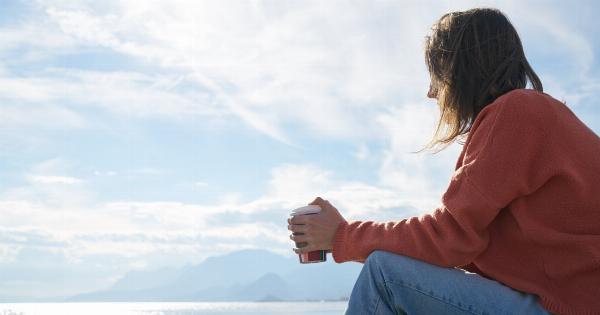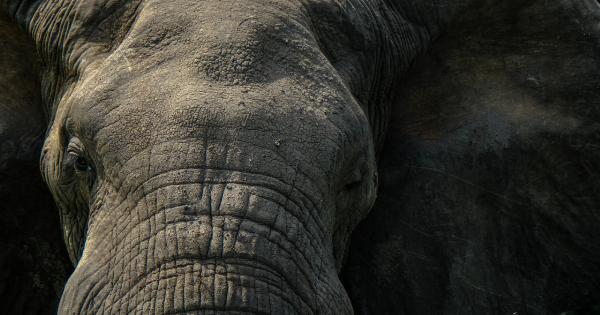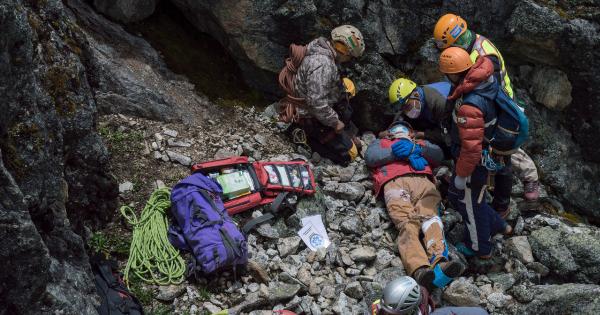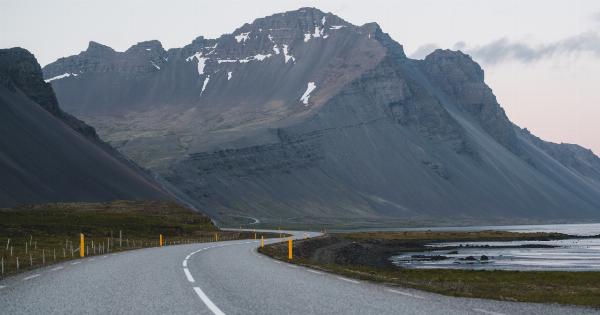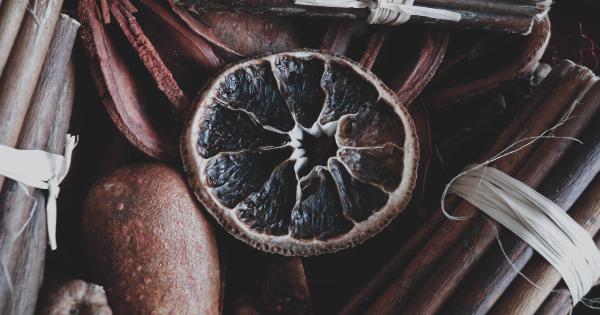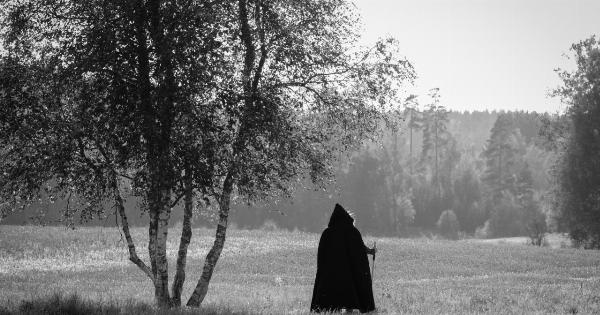Happiness is something that most people strive for in life. It is often pursued through the acquisition of material possessions, such as the latest gadgets, designer clothes, or luxury cars.
However, recent research suggests that true happiness may not lie in owning things, but rather in experiencing awe-inspiring landscapes.
The Power of Nature
There is no denying the calming and rejuvenating effect that nature has on the human mind and body.
From the peaceful serenity of a mountain range to the breathtaking beauty of a pristine beach, spending time in natural landscapes can have a profound impact on our well-being.
Various scientific studies have backed this up. For instance, a study published in the Journal of Environmental Psychology found that spending as little as 20 minutes in nature can significantly boost feelings of happiness and well-being.
The Role of Awe
One of the reasons why landscapes have such a powerful impact on our happiness is the experience of awe they evoke. Awe is a complex emotion that encompasses a sense of wonder, transcendence, and connection to something greater than ourselves.
When we are in the presence of awe-inspiring landscapes, whether it be a grand canyon or a serene forest, we often feel a sense of smallness in comparison to the vastness and beauty of nature.
This can lead to a shift in perspective, helping us to appreciate the world around us and find a deeper sense of meaning and purpose in life.
Escaping the Consumerism Trap
In a world that constantly bombards us with advertisements and pressures to buy more things, it can be easy to get caught up in the consumerism trap. Many people mistakenly believe that owning more possessions will bring them happiness and fulfillment.
However, research shows that material wealth does not necessarily equate to long-term happiness.
Choosing experiences over material belongings is becoming increasingly popular as people seek to escape the cycle of consumerism.
Instead of spending money on things that ultimately lose their value or become obsolete, investing in experiences like travel and immersing oneself in natural landscapes can provide a lasting sense of happiness and satisfaction.
Connecting with Our Inner Selves
Spending time in natural landscapes allows us to disconnect from the distractions of everyday life and reconnect with our true selves.
Whether through hiking in the mountains, swimming in a clear lake, or simply sitting and meditating by the ocean, these experiences enable us to find inner peace and clarity.
The hustle and bustle of modern life often leaves us feeling stressed, anxious, and disconnected from our authentic selves.
By intentionally seeking out and immersing ourselves in landscapes that inspire awe and wonder, we can tap into our deeper emotions, reflect on our life’s purpose, and find a sense of fulfillment.
Building Meaningful Connections
Choosing landscapes over things also creates opportunities for building meaningful connections with others.
Rather than simply buying and accumulating material possessions, investing in shared experiences in nature allows us to create lasting memories and forge stronger relationships.
Whether it be going on a hike with friends, camping with family, or taking a romantic getaway with a partner, shared experiences in awe-inspiring landscapes can deepen our bonds and create a sense of belonging and connectedness.
Preserving the Planet
Another compelling reason to choose landscapes over things is the importance of environmental conservation.
By prioritizing experiences in nature, we can develop a greater appreciation for the Earth’s natural wonders and become more motivated to protect and preserve them.
As the world faces the consequences of climate change and environmental degradation, it is crucial that we make conscious choices to reduce our carbon footprint and contribute to the well-being of the planet.
By immersing ourselves in landscapes, we become more aware of the impact our actions have on the environment and are inspired to make sustainable choices.
Finding Happiness in Simple Pleasures
In a society driven by consumerism and the constant quest for more, choosing landscapes over things allows us to find happiness in the simple pleasures of life.
Whether it be watching a sunrise over a tranquil lake, feeling the sand between our toes on a sandy beach, or gazing at a star-filled sky, these experiences remind us of the beauty and wonder that exists in the world.
When we shift our focus from acquiring material possessions to immersing ourselves in natural landscapes, we open ourselves up to a world of possibilities and experiences that can bring us immense joy and fulfillment.
Happiness, it turns out, may lie not in what we own, but in the awe-inspiring landscapes that surround us.
Conclusion
Choosing landscapes over things may seem unconventional in a society that places great emphasis on material wealth and possessions.
However, the evidence suggests that true happiness lies not in the accumulation of things, but in the experiences and connections we make with the natural world.
By spending time in awe-inspiring landscapes, we can tap into a sense of wonder and awe that can lead to greater happiness, fulfillment, and a deeper understanding of ourselves and our place in the world.
So, the next time you find yourself contemplating how to find happiness, consider choosing a beautiful landscape over the latest shiny gadget.

